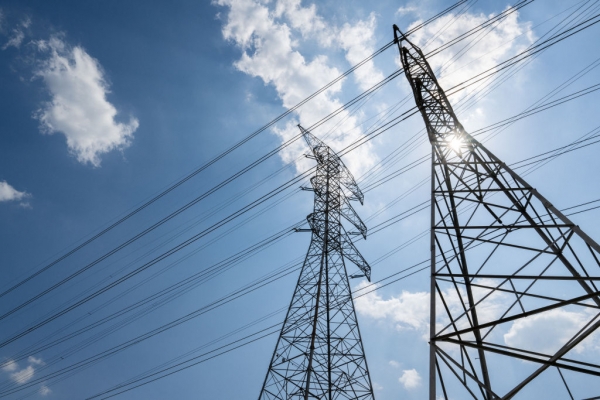With the record-breaking heat and drought conditions Texas is currently facing, finding a solution to the growing need for reliable power from the electric grid is at an all-time high.
Thomas Overbye, professor and O’Donnell Foundation Chair III in the Department of Electrical and Computer Engineering at Texas A&M University and director of the Texas A&M Engineering Experiment Station’s Smart Grid Center, is investigating a novel way that historical weather can play a crucial role in benefiting the grid today. In particular, he is researching the outlier weather conditions, such as the extreme heat Texas is currently experiencing, or very low temperatures, such as those experienced in February 2021 during Winter Storm Uri.
According to the World Meteorological Organization, the number of recorded disasters in North America, Central America and the Caribbean has increased from a disaster occurring every 30 days on average in the 1970s to every seven days for the three decades between 1990 and 2019. While these extreme weather events used to be relatively infrequent, their incidence is growing, making it vital to include this historical data in the power flow to better safeguard the grid of tomorrow.
Continue reading at Texas A&M University
Image via Texas A&M University


